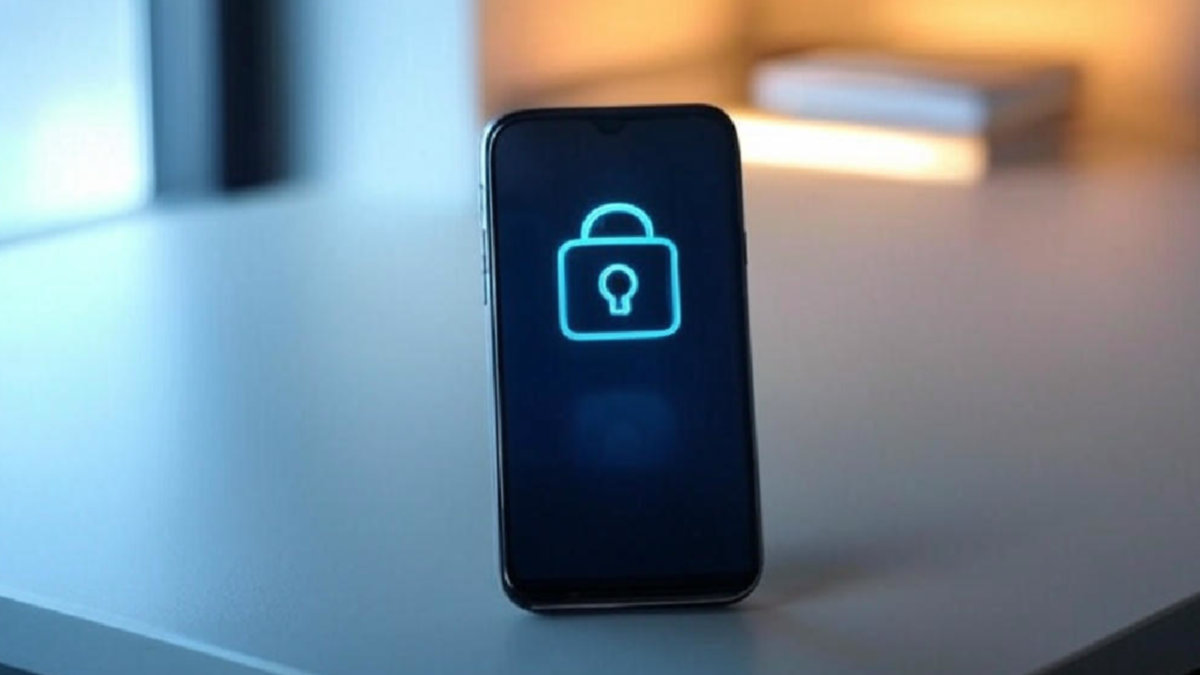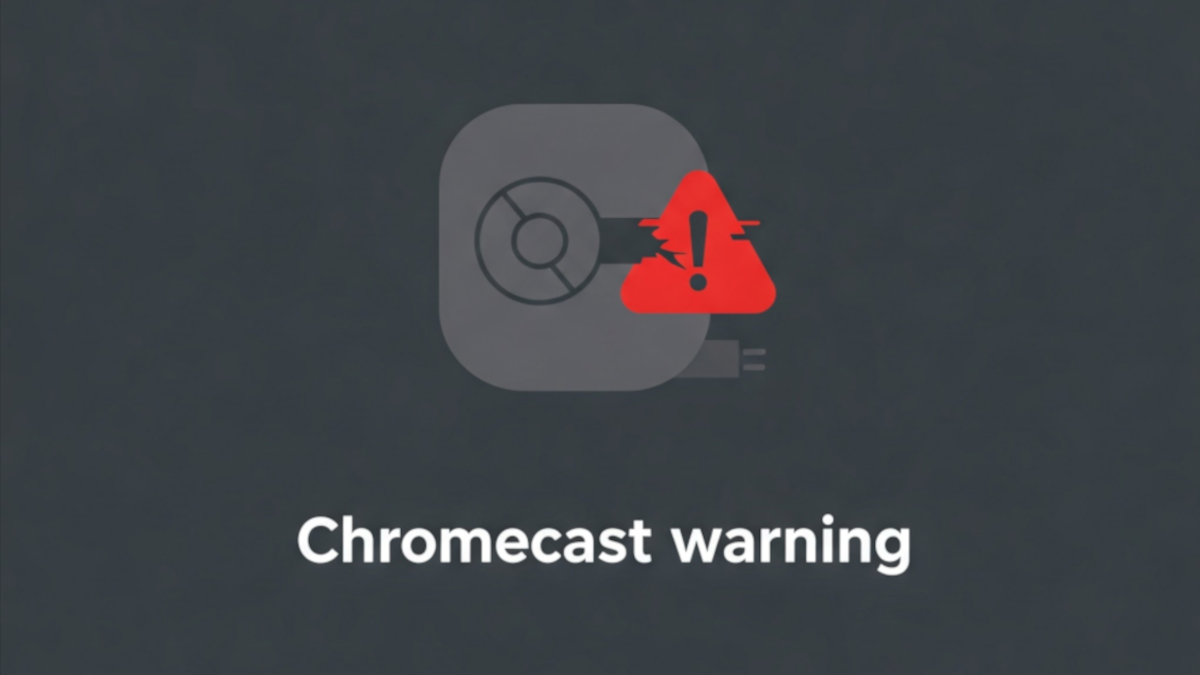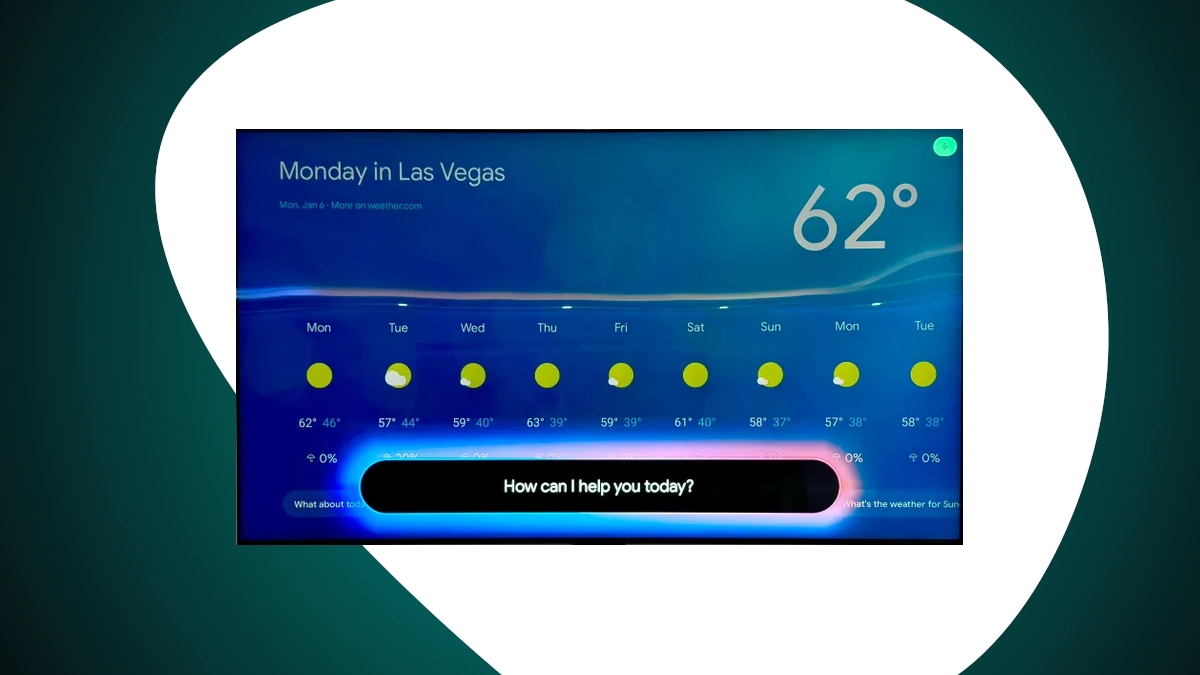A recent cyberattack targeting Google Chrome extensions has highlighted a growing threat to user security. Specifically, Cyberhaven, a data loss prevention company, was compromised during the Christmas Eve attack, resulting in exposed user passwords and session tokens. This attack is part of a broader cyber campaign, emphasizing the need for constant vigilance in the digital world. Here’s a detailed look at the attack, its impact, and how users can protect themselve
Cyberhaven Chrome Extension Hack: What Happened?
On Christmas Eve, Cyberhaven’s Chrome extension became a target for hackers. This breach compromised sensitive data, including passwords and session tokens of affected users. According to Cyberhaven, the attack stemmed from an employee falling victim to a phishing email. By gaining access to the employee’s credentials, the hackers posted a malicious version of the extension to the Chrome Web Store.
The key details of the attack:
- Affected version: Only version 24.10.4 of the Cyberhaven Chrome extension was impacted.
- Timing: The malicious code was active between 1:32 AM UTC on December 25 and 2:50 AM UTC on December 26.
- Response time: Cyberhaven’s security team detected the breach at 11:54 PM UTC on Christmas Day and removed the malicious extension within an hour.
This incident highlights the vulnerability of extensions that are automatically updated, especially when they are linked to user credentials and sensitive data.
How Did the Hackers Gain Access?
The attack began with a phishing email, which led the victim to unknowingly share their login credentials. Once the hackers obtained the employee’s credentials, they gained access to Cyberhaven’s Google Chrome Web Store account. This allowed them to upload a tampered version of the extension, which affected users who automatically updated to version 24.10.4.
The key takeaway here is the importance of being cautious with email links and attachments. Phishing remains one of the most effective methods for cybercriminals to infiltrate systems.
Exposed Data: What Did Hackers Access?
During the cyberattack, sensitive user information was at risk, including:
- Passwords
- Session tokens
- Cookies
- Authenticated sessions for targeted websites
Though Cyberhaven has confirmed that its core systems remained secure, users were still vulnerable if they had been using the compromised extension during the attack window. The primary concern was the potential for hackers to hijack ongoing sessions, allowing unauthorized access to users’ accounts on other websites.
Steps to Take After the Attack: Protect Your Data
After the attack, Cyberhaven issued a clear set of instructions to help affected users safeguard their accounts. Here are the recommended actions:
- Update Your Extension: Ensure that you are using the latest version of the Cyberhaven extension (24.10.5 or later).
- Review Logs: Check for any suspicious activity in your account logs or browser history.
- Password Management: Revise your passwords, focusing on secure, FIDOv2-based options. Rotate passwords regularly.
- Enable Two-Factor Authentication (2FA): This adds an extra layer of security to your accounts.
- Be Cautious of Phishing: Always verify the sender before clicking on links or downloading attachments.
Cyberhaven has already enhanced its security measures to prevent future attacks and is working with law enforcement to trace the perpetrators.

Lessons Learned: Strengthening Cybersecurity for Chrome Extensions
This attack serves as a wake-up call for the broader cybersecurity community, especially for those who rely on browser extensions for everyday tasks. Here are some key lessons learned:
1. Stay Updated on Extensions
Extensions, especially those linked to sensitive data, should always be kept up to date. Developers must implement automatic update checks to ensure that users are using the latest, secure versions.
2. Practice Good Cyber Hygiene
This attack reinforces the importance of strong password management and vigilance against phishing. Users should always change their passwords regularly and avoid reusing credentials across different platforms.
3. Multi-Layered Security
While password security remains crucial, additional layers like 2FA can help protect accounts even if passwords are compromised.
How to Spot a Phishing Attack: Key Indicators
Phishing attacks are one of the most common methods for hackers to steal credentials. Recognizing the signs of a phishing email can prevent costly breaches. Here are some red flags to watch out for:
- Suspicious sender address: Always verify the sender’s email address, especially if it looks unfamiliar or strange.
- Urgent language: Phishing emails often create a sense of urgency, prompting you to act quickly.
- Links to unfamiliar websites: Hover over links before clicking to see if they lead to trusted websites.
- Grammatical errors: Poor grammar and spelling mistakes are common in phishing emails.
Impact on Cybersecurity Industry
The attack on Cyberhaven is part of a broader trend in cybersecurity where cybercriminals target widely-used platforms like Google Chrome to exploit user data. Browser extensions, while convenient, represent a vulnerable entry point for hackers. This incident is a reminder for businesses and users alike to take proactive steps to secure their data.
Adopting a Zero Trust Framework
More companies are adopting the “Zero Trust” security model, which assumes that all users, both inside and outside the network, could potentially be compromised. This model minimizes the trust placed on any single system or user, thus reducing the risk of attacks.
Third-Party Vendor Security
As this attack shows, even trusted third-party vendors can be compromised. Businesses should ensure that all third-party tools and extensions are regularly audited for vulnerabilities.
Conclusion: Cybersecurity in the Age of Browser Extensions
The breach of Cyberhaven’s Google Chrome extension is a stark reminder of the growing dangers posed by malicious actors targeting widely-used browser extensions. While Cyberhaven responded swiftly to mitigate the damage, the event underscores the importance of strong cybersecurity practices for both individuals and companies.
By updating extensions, practicing strong password management, and staying vigilant against phishing attempts, users can protect their data from similar attacks in the future. As cybersecurity threats evolve, staying informed and proactive is the best defense.
Frequently Asked Questions (FAQs)
Q1: How do I know if my Chrome extension is compromised?
A: Always check the version of your installed extensions and ensure they are up-to-date. If you suspect any unusual activity, review your browser history and account logs.
Q2: What should I do if my password has been stolen?
A: Immediately change your passwords and enable two-factor authentication (2FA). Review your accounts for suspicious activity.
Q3: Can phishing attacks be prevented entirely?
A: While phishing can’t be fully prevented, practicing caution when opening emails and links can significantly reduce the risk.
Discover more from NewForTech
Subscribe to get the latest posts sent to your email.







